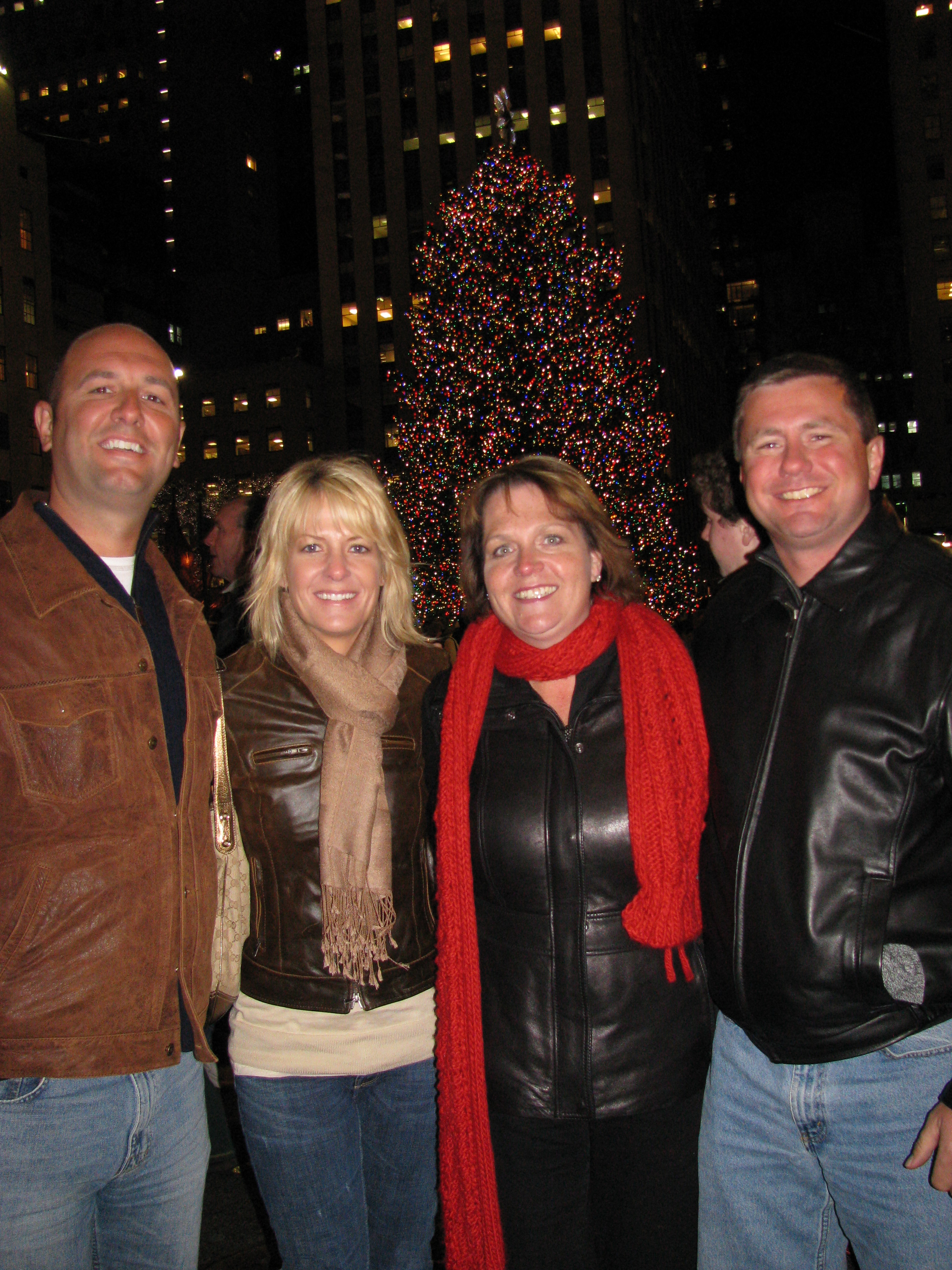If Congress can employ money indefinitely to the general welfare… they may appoint teachers in every state… The powers of Congress would subvert the very foundation, the very nature of the limited government established by the people of America. – James Madison
Happy New Year everyone! 2008 was a year of Booms – 2008 was a year of Bust and 2008 was a year of “get on your boots” Balderdash! I have been doing research in an area that I believe will be important for anyone interested in securing their financial futures. The citizens of any country rely on their political leaders to produce money only in relationship to the wealth of the country. Money cannot be created out of thin air by government fiat. Sure they can print the paper, but the paper has no wealth unless backed by real wealth. Gold, silver and other forms of backing have been used throughout the centuries. A government that would run the paper presses and double their money supply without any real wealth increase from the people has effectively cut the value of all the existing dollars in half.
All the perplexities, confusion and distress in America arise, not from defects in their Constitution or Confederation, not from want of honor or virtue, so much as from the downright ignorance of the nature of coin, credit and circulation. – John Adams
Imagine owning a one unit of stock in a company that has 100 shares and has a net worth of $1000. You own 1% of the value of the company for a $10 stake. Now imagine that the owner prints another 100 shares and sells them on the open market. Someone may pay close to $10 per share through ignorance that the owner produced 100 more shares early in the cycle, but eventually the market will realize that the shares are watered down. The true wealth of the company has not changed overnight, but now there are now 200 shares of stock on the market representing the company of a total worth of $1000. This means the effective value of the stock has been cut in half. Your $10 stock has now dropped to $5 after all the buyers learn the full information. Wealth cannot be created without providing something of value and printing paper is not providing real value. Through no fault of your own, you have lost half the value of your stock because the owners greed. There are protections in place to ensure that this does not happen to your stock, but no protections in place to ensure this doesn’t happen to our money supply!
I believe that banking institutions are more dangerous to our liberties than standing armies. Already they have raised up a monied aristocracy that has set the government at defiance. The issuing power (of money) should be taken away from the banks and restored to the people to whom it properly belongs. – Thomas Jefferson
When you save money, you are counting on the “powers that be” to not print more fiat money and destroy the effective value of your earned dollars. But this is exactly what the American government is doing when it produces more money without the financial backing of gold or other real wealth. No other corporations could get away with this type of behavior without major consequences and yet our government does this as a matter of business. Has anyone felt the pinch of the dollar being less valuable? Have you noticed that in most fields, the costs are rising precipitously? The housing bubble is a good example of the analogy I used. Mortgages from our government were flooding the market which means that you need more dollars (stock options) to buy the same house. This created an illusion of wealth for people who owned houses, but actually, it was just inflated money that required more of the paper to buy the same house. When people started borrowing against the inflated worth of their house, the bubble was set to burst. The higher housing prices created less demand and less people qualified for the inflated housing prices. What goes up through fiat money – must come down. When it does, everyone scratches their head and wonders how it all happened.
A nation of well informed men who have been taught to know and prize the rights which God has given them cannot be enslaved. It is in the region of ignorance that tyranny begins. – Benjamin Franklin
If you really want to know, you must go back to the only people allowed by law to produce our money. Our government is no longer tied to any standard to regulate how much money is produced. Money should only be produced when the real wealth of the country increases through better productivity. Since the Civil War, money has been slowly freed of the moral restraints imposed by the founding fathers. In the Nixon presidency, our money was completely separated from gold and financial common sense entirely. We now rely on a non-federal cartel of banks to determine our money supply and have a Financial Czar known as the Federal Reserve Chairman who can choose to produce more money. Why not have our money supply and values regulated by the free market compared to other countries? The free market could quickly ascertain the amount of money on the market and assign a value to each dollar. This would force our government leaders to operate like a business man and his stocks. He could only produce more money when the market communicated to the country a real increase in the worth of the dollar. The government leaders would also have to balance the budget because they would not have fiat money available to print anytime they are in a pinch.
I place economy among the first and most important virtues, and public debt as the greatest of dangers to be feared. To preserve our independence, we must not let our rulers load us with perpetual debt. If we run into such debts, we must be taxed in our meat and drink, in our necessities and in our comforts, in our labor and in our amusements. If we can prevent the government from wasting the labor of the people, under the pretense of caring for them, they will be happy. – Thomas Jefferson
Murray Rothbard wrote a book, “What has Government done to our Money”. This would be a great place to start to learn the proper and improper role of government in our money supply. This video is something that should be watched by all Americans. Very informative and will help you understand the Booms and Bust cycles without swallowing the media version that free enterprise no longer works. Like the old saying goes, “The person with the facts, is never at the mercy of the person with an opinion.” Enjoy the video, it is the best that I have watched on what is happening to our money. I encourage you to take notes for future reference. God Bless, Orrin Woodward
[youtube=http://www.youtube.com/watch?v=8Xt5US8FUpw]











